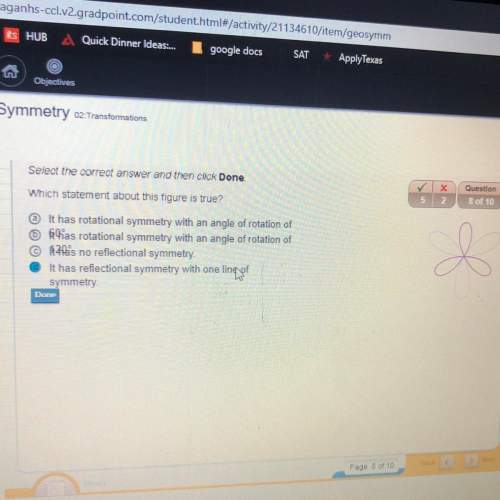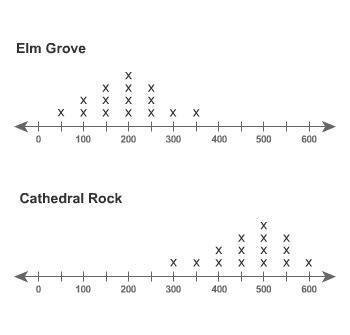
Mathematics, 10.07.2019 03:10 hope564
2. solve the ivp u"(x) + xu(x) = 0; u(0) = 1, u'(0) = 1. note: your independent variable is x and your unknown function is u. your final answer should look like u(x) = c1y1(x) + c2y2(x) where y1 and y2 are two linearly independent series solutions (which you will find by using the procedures we learned in class) and c, and c2 are numbers obtained when you apply the initial conditions. as and ivp, there cannot be arbitrary constants in the solution

Answers: 2


Another question on Mathematics

Mathematics, 21.06.2019 14:30
Isee the amount was $90.00 then reduced to $75.00 , what is the percent ?
Answers: 1


Mathematics, 21.06.2019 18:30
Atriangle with all sides of equal length is a/an triangle. a. right b. scalene c. equilateral d. isosceles
Answers: 2

Mathematics, 21.06.2019 19:00
Solve the problem. a student earned grades of c, a, b, and a in four different courses. those courses had these corresponding numbers of credit hours: 4, 5, 1, and 5. the grading system assigns quality points to letter grades as follows: a = 4, b = 3, c = 2, d = 1, and f = 0. compute the grade point average (gpa) and round the result to two decimal places. 3.40 3.50 8.75 2.18
Answers: 1
You know the right answer?
2. solve the ivp u"(x) + xu(x) = 0; u(0) = 1, u'(0) = 1. note: your independent variable is x and...
Questions

Mathematics, 23.09.2020 17:01




Mathematics, 23.09.2020 17:01

History, 23.09.2020 17:01


Social Studies, 23.09.2020 17:01



Mathematics, 23.09.2020 17:01

Chemistry, 23.09.2020 17:01





Computers and Technology, 23.09.2020 17:01

Mathematics, 23.09.2020 17:01






